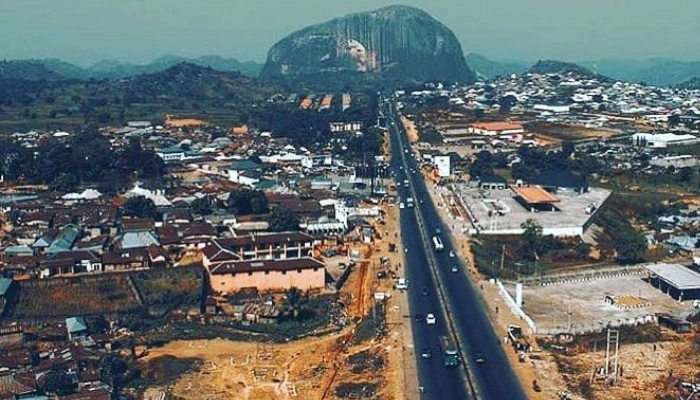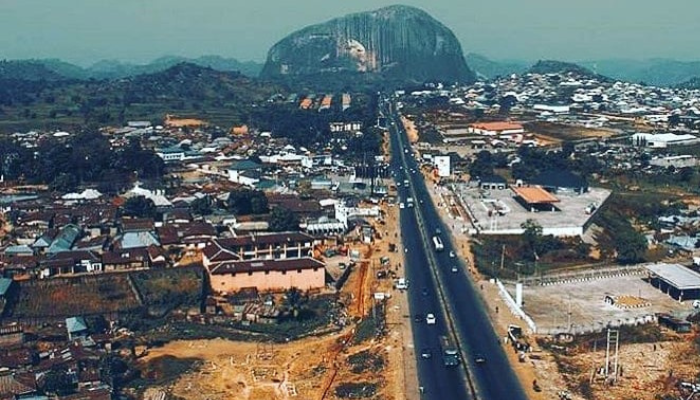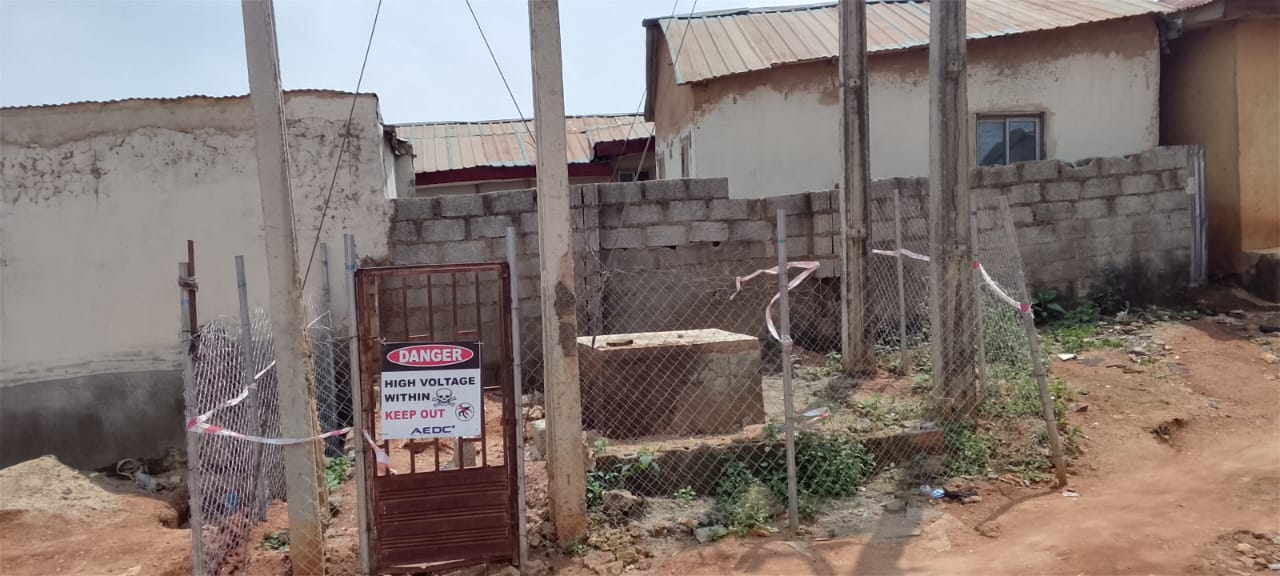Fear grips Abuja residents as street robberies surge By Akintan Adeola Rachael

Fear grips Abuja residents as street robberies surge By Akintan Adeola Rachael

Abuja, the nation’s capital, is fast losing its aura of safety as insecurity takes a dangerous turn. What started with house and shop break-ins has now snowballed into daring daylight robberies that terrorise residents across the city.
In Gwarinpa, one of Abuja’s prominent middle-class districts, reports of violent street attacks have multiplied in recent weeks, stirring fear among commuters and shop owners alike.

Commuters are being ambushed, students stopped by criminals posing as passengers, while petty thieves increasingly resort to armed robbery.
“I was walking to get a cab around 7 a.m. when two young men on a bike pulled up,” said Ifeoma Eze, a 34-year-old civil servant.
“One had a knife and the other pretended to ask for directions. Before I could react, they grabbed my handbag and sped off.

“People were around, but no one could do anything. Everyone is scared.”
The robbers, often operating in pairs or small groups, target isolated streets and junctions with weak or no security presence.
They are said to carry knives, broken bottles and, in some cases, locally made pistols.
“We’re not just losing money and phones, we’re losing the peace we once had,” lamented Moses Danjuma, a shop owner in Dutse whose store has been burgled three times this year.
“They now attack in traffic, at bus stops, even during the day. You can be robbed just going to buy bread.”
Community leaders have criticised the police for failing to respond effectively. “The problem is not just that the police are under-resourced,” said activist Bashir Abubakar of the Abuja Neighbourhood Watch Initiative.
“These attacks happen repeatedly in the same places. People know the danger zones, yet nothing changes. It’s like we’ve been left to defend ourselves.”
With formal security measures proving inadequate, many communities have resorted to vigilante groups or private guards, though such options remain unaffordable for most residents.
The insecurity has crept into everyday life. Schools report falling attendance as parents fear for their children’s safety.
“Businesses now close earlier to avoid late travel, while rideshare drivers are becoming more selective about passengers and routes.
“I don’t take rides after 7 p.m. anymore,” said Tunde Owolabi, a Bolt driver in Wuse.
“A friend of mine picked up two passengers last week. They turned out to be thieves and stole his car. He’s still traumatised.”
Analysts link the rising crime rate to worsening unemployment and inflation.
But others warn that it also reflects a deeper erosion of social values and the failures of the justice system.
“The boldness with which these criminals operate shows they are not afraid of being caught,” observed Dr. Amina Lawal, a criminologist at the University of Abuja.
“If this is not addressed immediately and decisively, it could spiral out of control.”
For now, Abuja residents remain on edge, hoping for swift intervention.
Their lingering question is: How much worse must it get before something is truly done?



